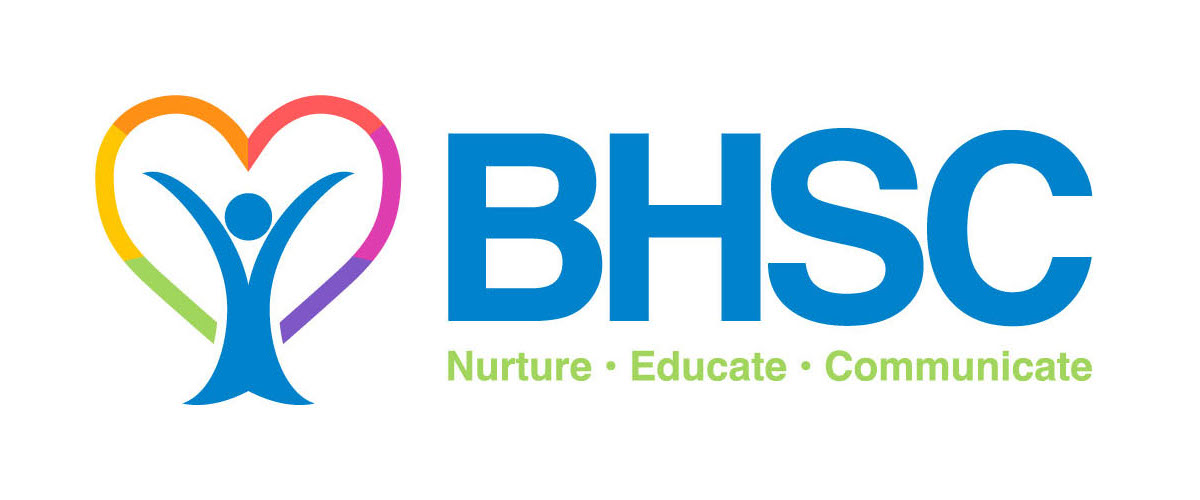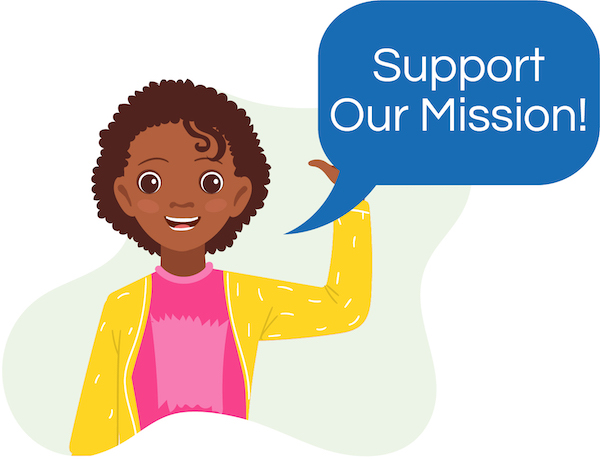Here is my 30 SECOND PARENT/TEACHER TIP FOR TODAY
For a developing child, gaining control of their emotions is an acquired and learned skill that takes place over time through the child’s experiences and parent/teacher teaching and shaping. Emotional control is not innate and something that unravels and grows naturally via maturation.
All children are prone to become overwhelmed by their emotions in various situations- which is understandable as they don’t have the life experiences to draw upon in order to help them gain mastery or regulation over their feelings.
Children, as any parent/teacher knows, can be baffling and unpredictable; they may tantrum seemingly out of nowhere, or develop stubborn behaviors (such as hitting a sibling or adamantly refusing to tidy up after themselves) and maintain them irrespective of the consequences and the pleas of adults.
Without the ability to regulate his or her emotions appropriately, a child cannot learn to express feelings in constructive ways; instead, he or she behaves reactively, lashing out before he has a chance to recall the consequences.
To teach emotional regulation skills, parents/teachers must strike the right compromise between allowing children to have their feelings and showing them how not to be overwhelmed by those feelings. For example, we want a child to know that it’s okay to feel discouraged while teaching him not to give up, or to be able to forgive himself for being anxious while also being motivated to conquer his fears, and so on.
Children must have their emotions validated before they can begin to work on managing them. If a child feels like he or she will not be “heard”, the compulsion to act out in order to make his or her feelings known will only become stronger. Conversely, a child who simply trusts that his or her feelings will be fairly considered and understood often feels as though those feelings are less urgent in nature—just as an adult feels more relaxed if he or she knows that an understanding friend or colleague is present when a serious problem arises.
The main takeaway I would like parents/teachers to remember in helping a child to regulate their emotions is not to get drawn into them. When a child’s emotions bring chaos- the adult needs to bring calm. Even if the child is pushing our emotional hot buttons the main goals are:
first, keep the child safe;
second, use the emotional outburst as a teachable moment to validate and help the child identify and label the feelings;
third, help the child think of and learn new ways to cope when the feeling(s) occurs once again in the future;
fourth, in the face of any outbursts or emotional chaos- remain calm!
You’re doing a great job…Keep it up! Be well, joe cozzo




